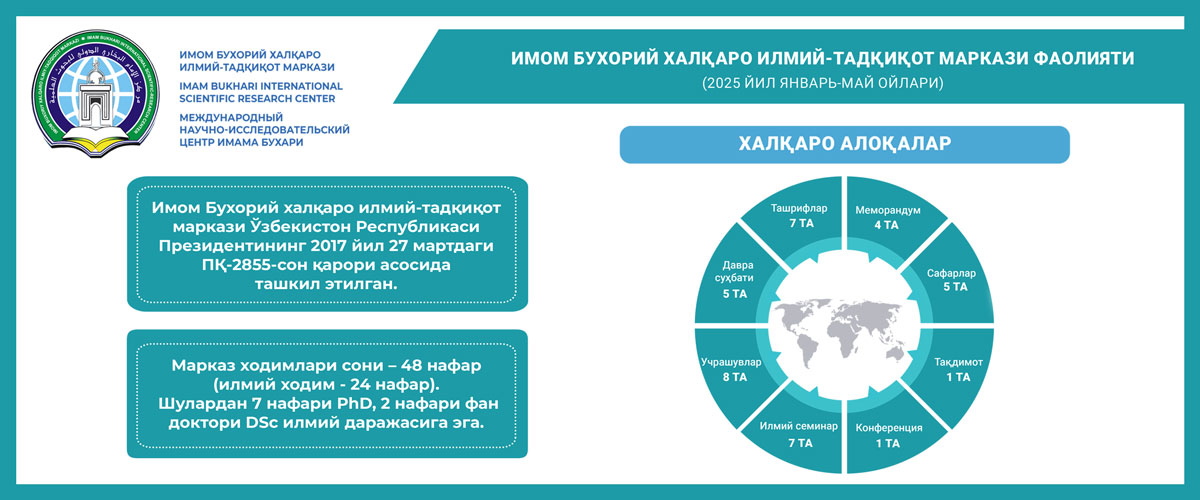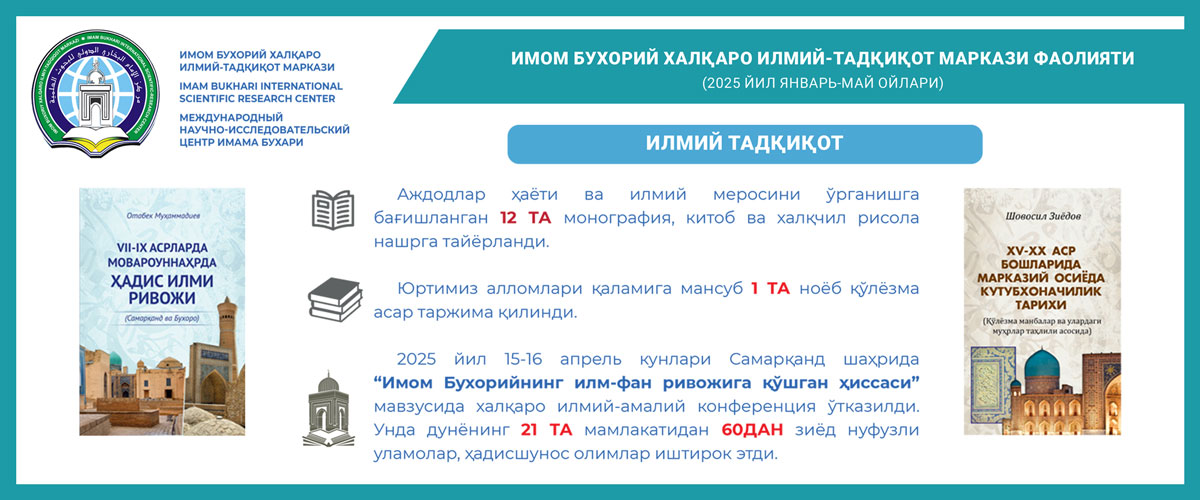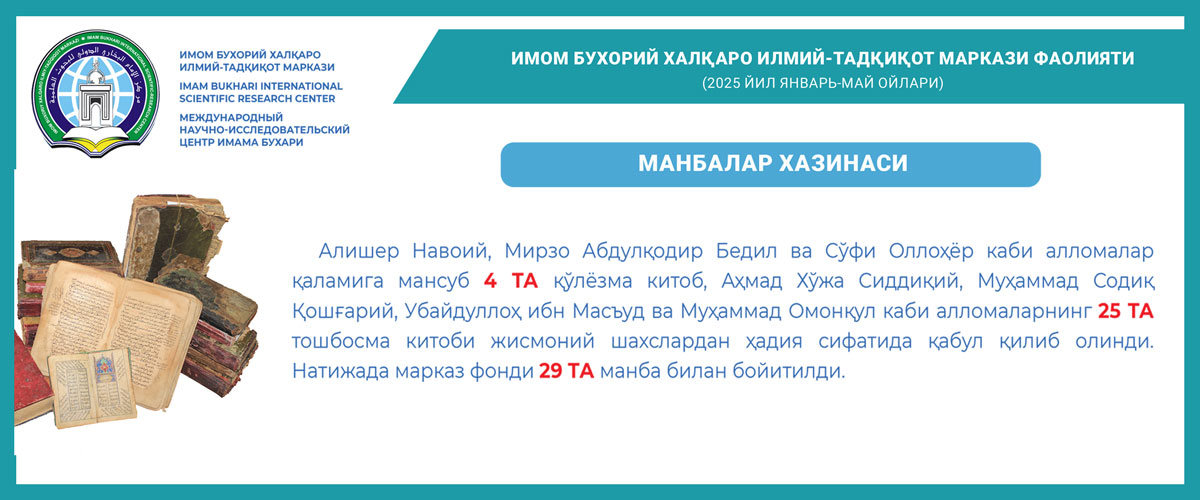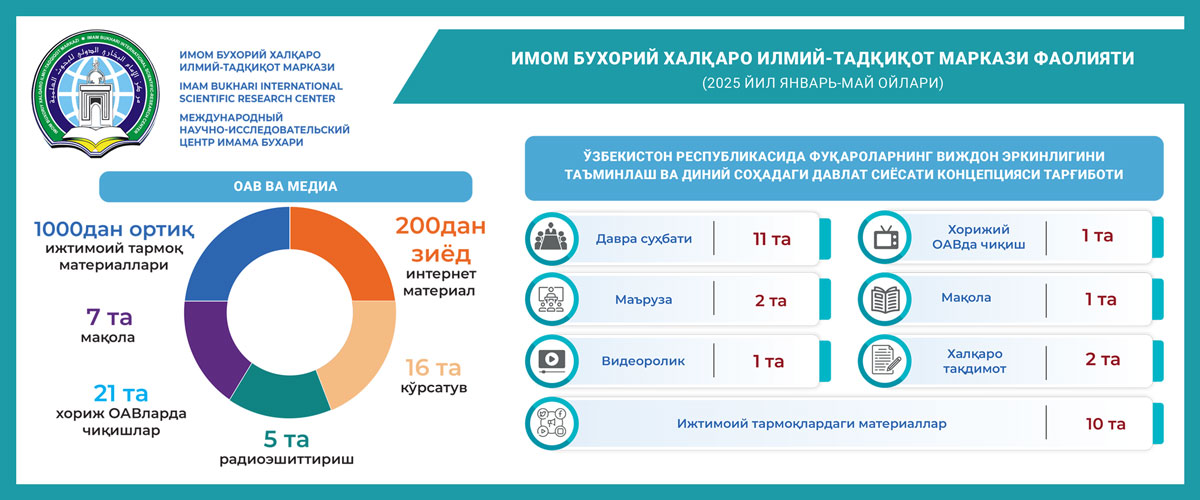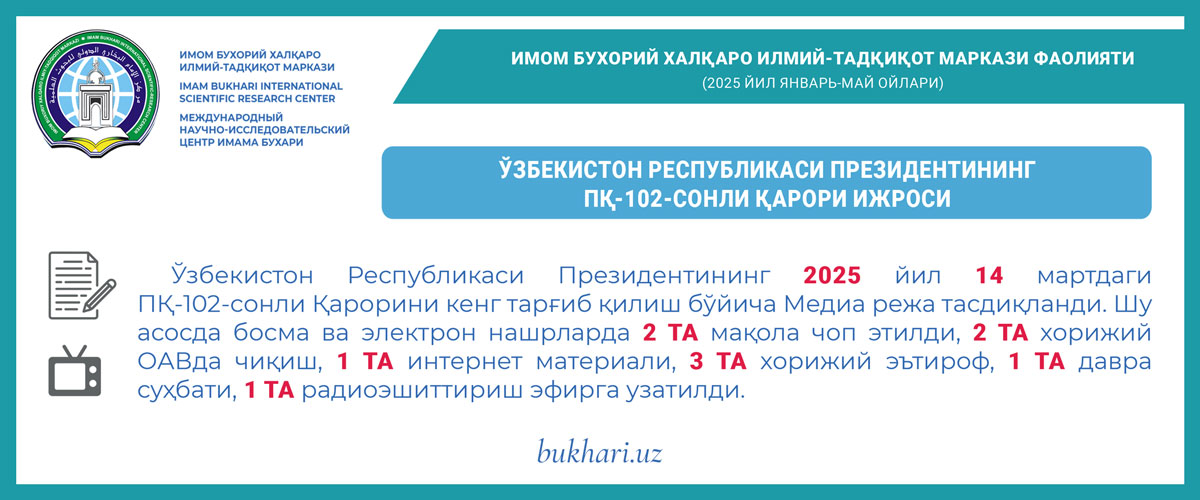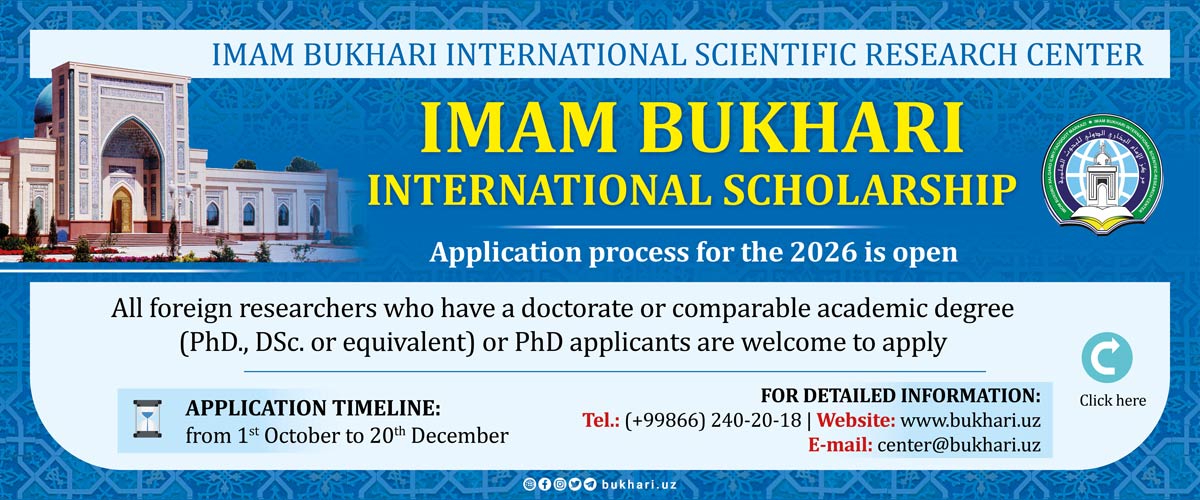Beruni was the first to carry out social inquiries and analysis about social events taking place in the society, the role of social environment in the process of social development of the society, the influence of the climate on the character and appearance of the inhabitants, the role of the implements of labour in the development of society,material needs of people and the problems of property,heritage, etc.
Now it is about time to provide some samples of events taken place in Beruni’s life. From the very early ages of his life, he was very attentive to the events taking place around him. He did not toady even to the rulers and spoke what he thought about them and never lied. He could courageously prevent even Mahmud Ghaznavi from doing wrong and unacceptable deeds. Due to his uprightness, the rulers often punished him unjustly. Mahmud Ghaznavi several times sentenced him to death. The scholars who investigated Beruni’s life and activities mentioned a story about such events as follows:
Once Mahmud Ghaznavi wanted to check his ability and asked .i question: “Hey, astrologist! Tell me, do you share the idea that some astrologists say that they can foretell the date of solar and lunar eclipse whereas the Holy Qur’an disapproves foretelling the events?”
“I am keen on solving the problem from the point of view of logic. There are such cases that could be foretold by measuring its dimensions if nothing prevents from doing so; it is possible to foretell in this case. There are also such events whose situation is hidden from the factors we know, so such cases cannot be foretold. Taking into consideration such cases, the Holy Qur’an disapproves the activities of the astrologers and foretellers. God save us from telling lies. Stars in the sky move in accord with the laws of the cosmic space, therefore their movement can be foretold. Relying on the laws and rules of astronomy, one can foretell the solar and lunar ecli pses”.
Having listened to Beruni’s ideas, Mahmud Ghaznavi got angry and to humiliate him before the audience he asked one more question:
“Hey, astrologer, tell me! From which of the gates of this building shall I leave?”
At that time, Mahmud was presiding in the round shaped building which had 12 gates. Beruni could understand the angry face of the ruler and took a piece of paper and wrote some words on it and handed it to the ruler. The ruler took the piece of paper with a message on it and put it under the carpet he was sitting on and looked at the scholar with humiliation and called the carpenter:
“Get the carpenter and tell him to open the thirteenth door just in the wall in front of me!”
The carpenter came (and installed the thirteenth door and Mahmud left the room from the thirteenth door that had newly been installed. After some time, the audience got together again at the very place and Mahmud took the piece of paper which had been written by Beruni and gave it to one of those who were present al that time to read. The paper contained such words: “Hey, Ruler! You will not leave the building through one of those 12 doors. You will get the thirteenth door open and leave the building through thai door”. The attendants taking part in this session were all astonished, but Mahmud’s face was red with anger and he cried: “Put this unruly scholar into prison!” The sentence was carried out….
Beruni spent his whole life in the search of knowledge and education. Even at the last minutes of his life, he was inclined to get some knowledge that he felt necessary for him. A historian Yaqut Hamavi provides the following story from the tongue of Beruni’s closest friend Judge Valvaliji: “I entered the room he was lying and getting his last breath. He asked me: “Tell me your ideas about dividing the heritage between litigants”. I was very touched by his words and said: “In such a condition?” He said: “Hey, my friend! Don’t you think that it is better to leave the world knowing the matter I feel needy, than not knowing it?” And then he made me tell him my thought about the matter he had asked for. I did so and he kept it in his mind. Then he told me his opinion about the matter we had discussed and then I left the room. As soon as I came out of the house, I heard a bitter cry which informed me that the scholar had left the world”.
Beruni supported justice and mercifulness. The scholar provides the following story about this matter: “Caliph Umar ibn Abdulaziz heard that his son Abdullah had bought a ring with a piece of precious stone for a thousand dirham (a kind of currency) and wrote a letter to him saying: “According to the information which reached me, you have bought a ring. I advise you to sell it immediately and with this money feed a thousand hungry people. For yourself order a silver ring with its stone made of silver”. Abdullah acted as his father had said”.
A man asked Beruni to teach him something that would bring a profit. The scholar took the book titled as “A Book of Signs” by al-Kindi and wrote him the component parts of a drug prepared from very sharp and acute ingredients. If it was mixed with water and then dropped on a mineral stone, there would appear a white writing. Having learned the secret of this drug, the man began to write the names of saints as “Muhammad” or “Ali” and cheated ordinary people that this name had been scraped on a sacred stone and thus earned dishonourable money. Beruni regretted that he had taught the secrets of chemistry to such a dishonest person and begged the God to forgive him for his deed and stated that teaching the science to those who would use it for his own biased purposes would be equal to share his guilt.
An English orientalist J. Sarton stated that “Beruni was the Leonardo da-Vinchi of the 9th century”. As an answer to this comparison,the Academician S. Tolstov wrote that it is impossible to accept such a comparison because we cannot call Ptolemy as “the Beruni of the 2nd century”. Therefore, it would be correct to call Leonardo da-Vinchi “the Beruni of the 16th century. European specialists engaged in the activity of Beruni pointed out that Beruni alone had done such a great amount of scientific research works that could not be done even by a whole research institute.
The scientific legacy of the scholar Abu Rayhan Beruni on natural sciences was also studied to some extent during the reign of the former Soviet regime but it was studied from the materialistic point of view. The independence gained by our country made it possible to study Beruni’s scientific legacy, especially his attitude towards the Holy Qur’an and Hadiths as well as the religious orders and their teachings. Nowadays the specialists in these fields of science are investigating them and searching Beruni’s those books which are not currently available for us. Some years ago, our country celebrated the 1000th anniversary of Ma’mun Acade my of Sciences in Khoresm in an international scale where the service of the scholar in this field was highly appreciated. A special scientific expedition was also sent to Ghazni to visit and restore the graveyard and tomb of Beruni. Research works stating Beruni’s contribution to the world science are now being written and published and further researches are going on. A number of publications depicting the unknown and unlearned sides of Beruni’s scientific legacy are being printed. All of these may be considered as one of many examples of favourable deeds in the way of immortalizing the name of this world-known scholar and genius.
 Imom Buxoriy xalqaro ilmiy-tadqiqot markazi bukhari.uz
Imom Buxoriy xalqaro ilmiy-tadqiqot markazi bukhari.uz
